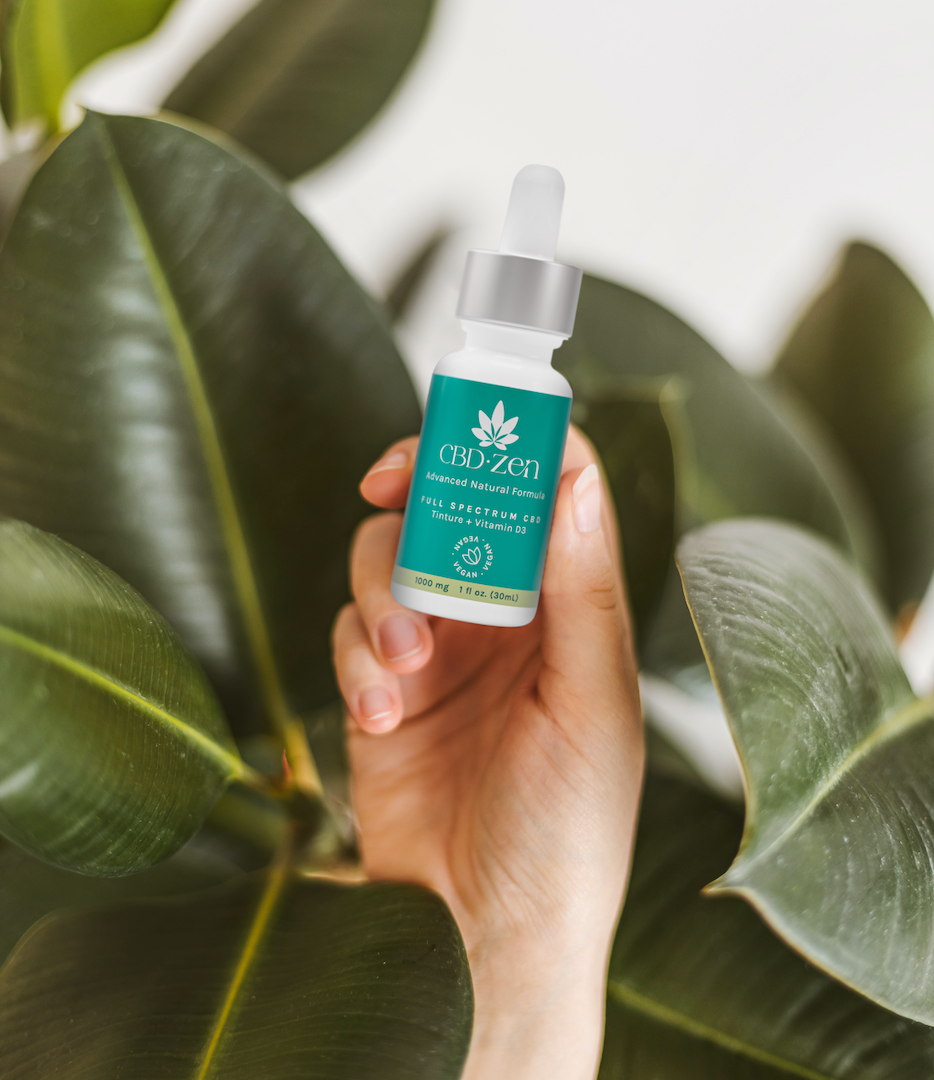Is menopause approaching? To move the skeleton. Brittle and brittle bones can be prevented
Bones are the foundation that support the body, give it shape, and help us move throughout life. They may feel hard and stiff, but they are tissues that are in a constant state of renewal and we must pay much more attention to them than we do.
Did you know that women tend to have more fragile bones and are 4 times more likely to suffer from osteoporosis than men?
One woman in three will suffer a fracture at some point in her life, explains Dr. Eduardo Albiero, a specialist rheumatologist and clarifies that it is due to osteoporosis, the loss of bone quality.
The risk of bone loss is much higher in women due to the significant impact that menopause and declining estrogen levels have on bone.
Yes, in addition to hot flashes and vaginal dryness, menopause can affect our bones.
Why are bones affected with menopause ?
During menopause, the body experiences a drop in estrogen and progesterone levels, hormones essential for bone health.
They allow two processes that take place in our bones throughout life to be kept in balance: resorption, or what would be the elimination of old bone by new bone, and regeneration. When that ability to renew itself is affected or that balance is lost -as in menopause- we begin to reabsorb more than regenerate bone, bone weakness that we can call osteoporosis begins to appear.
In the first few years after menopause, women can lose up to 20% of their bone density, increasing the risk of osteoporosis, a condition characterized by weak, brittle bones that are more likely to fracture.

Which are the risk factors?
While menopause is a key factor contributing to bone loss, it's not the only one. There are other factors that influence. Take note:
Age
As we age, our bones become weaker and more susceptible to fractures. This is because the body's ability to produce new bone tissue decreases, while the activity of osteoclasts (bone-forming cells that absorb collagen) increases.
Genetics
The risk of osteoporosis may be influenced by your genetics. If your parents or grandparents had osteoporosis or a history of fractures, you may be at higher risk of developing the condition.
Lifestyle
Several lifestyle factors can also increase the risk of bone loss and osteoporosis. A diet low in calcium and vitamin D can weaken the bones, as can a sedentary lifestyle and vices such as alcohol and cigarettes.
What to do to prevent bone loss in menopause?
While bone loss during menopause is normal, there are steps you can take to slow the process and reduce your risk of osteoporosis. Making changes to your lifestyle can be an effective way to support bone health. Here we share some practical advice:
Exercise
Regular weight-bearing exercise, walking, dancing, and low-impact aerobic training can help build and maintain bone density. In addition to weight-bearing exercise, resistance training can also help build and maintain bone density. This may include the use of resistance bands.
Exercise can reduce the risk of falls and fractures because:
- Strong muscles protect joints and bones.
- Flexibility improves your mobility.
- Balance and agility prevent falls that can cause broken bones.
- Having strength in the core (abdominal core) of our body and the pelvic floor improves balance and stability.
Exercises that focus on balance and mindfulness can be helpful in preventing falls. Consider practicing tai chi or yoga.
Diet
In addition to calcium and vitamin D, well known for their bone health benefits, other nutrients that support bone health include magnesium, phosphorus, and vitamin K. These can be found in a variety of foods, including nuts , seeds, whole grains and green leafy vegetables.
In addition to food, it is essential to support our body to absorb and fix these vitamins. Our Zenzsual Bye Bye Menopause supplement is a natural, 100% vegan, estrogen-free and soy-free formula that helps you regulate your hormonal function. Contains a combination of natural active ingredients, melatonin and zinc as a trace element that helps not only regulate hormonal function but also strengthen your bones.
On the other hand, Libizenzs Women , which is a libido booster from Zenzsual, can not only help you with energy and desire but also help you maintain muscle mass and athletic performance.
medical checkups
Women over the age of 50 should talk to their doctors about the risk of osteoporosis and be vigilant about having bone densitometry tests done. A bone mineral density test can provide a snapshot of bone health. The test can identify osteoporosis and determine your risk of breaking a bone,
Give up smoking
Quitting smoking is important for many reasons, including bone health. Smoking can damage bones and increase the risk of fractures, so quitting smoking can help reduce this risk.
alcohol moderation
Excessive alcohol consumption can also damage bones and increase the risk of fractures. Moderating alcohol consumption can help protect bone health.
If you're going through menopause or approaching menopause, it's important to prioritize bone health.
Talk to your doctor about your risk of osteoporosis and what steps you can take to support your bone health. By making simple lifestyle changes and taking supplements as needed, you can help reduce your risk of fractures and maintain strong, healthy bones throughout your life.
Visit our store and prepare your body with Bye Bye Menopause and Libizenzs Women Energizer . Don't let menopause stop you!



Leave a comment